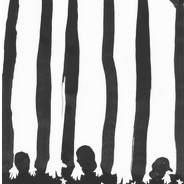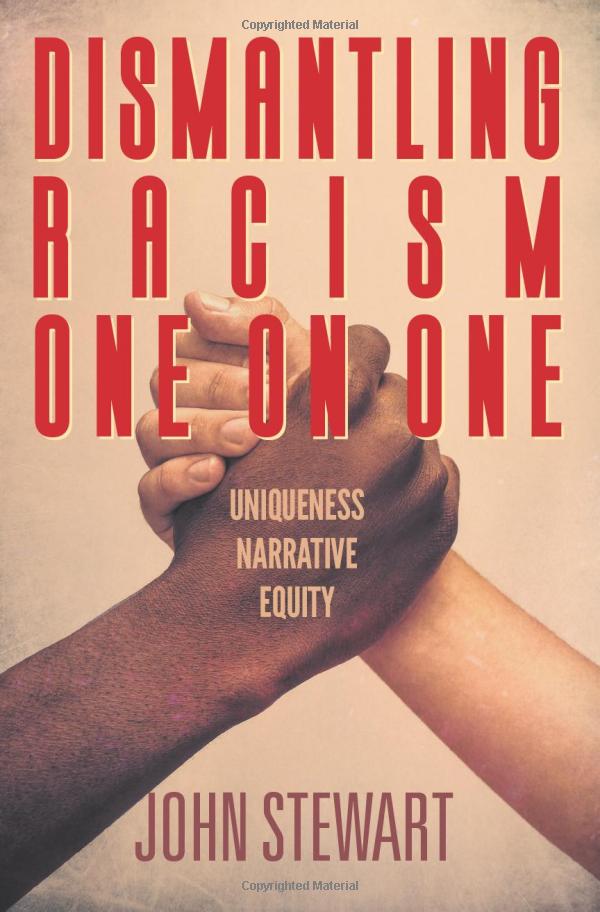
mariafabrizio.com/
Comedy Central’s Jon Stewart makes his living turning the news into jokes. But on the day after the racial massacre in Charleson, he said he had no jokes to tell. As he put it,
“I didn’t do my job today, so I apologize. I got nothing for you in terms of jokes and sounds, because ofwhat happened in South Carolina. And maybe if I wasn’t near the end of the run, or this wasn’t such a common occurrence, maybe I could’ve pulled out of the spiral. But I didn’t. And so, I honestly havenothing other than just sadness once again that we have to peer into the abyss of the depraved violencethat we do to each other and the nexus of a just gaping racial wound that will not heal yet we pretenddoesn’t exist.”
Stewart also had a strong opinion about what will happen next.
“By acknowledging it — by staring into that and seeing it for what it is — we still won’t do jackshit,” he said. “Yeah, that’s us. And that’s the part that blows my mind.”
Many of us appreciate Stewart’s clear directness and share his skepticism about when or whether the culture will change. But is there anything we can do to make him a liar? Can we mobilize to do something more than jackshit?
Personal and Systemic Racism
Although one horrific event could conceivably prompt real change, no single intervention will significantly move the needle on racial equity. U.S. culture suffers from huge systemic problems, including the vastly different rates of incarceration of whites vs. persons of color, the ongoing practices by lending institutions to give whites better rates than Blacks and Hispanics, and the low representation of persons of color in local fire and police departments. Millions of Americans also commit individual racial acts every day, often without even realizing it.
The equity problem has to be worked both systemically and interpersonally.
Chapter 9 of U&ME: Communicating in Moments that Matter outlines how to minimize racism in your own interpersonal communication. The steps I suggest include
- learning about your own culture, especially if you’re White;
- getting informed about the ethnic history of the U.S. that’s not taught in grade or high schools; and
- developing new default response options to experiences of cultural difference, options focused on curiosity, humility and platinum empathy.
This is an outline of the work that we white folks especially need to do. Many of us believe that the problem lies with “those other people” who talk too loud, always play the race card, and blame us for problems they created. We need to reflect on how gender, age, sexuality, ability, class, and religion figure in our own lives, so we understand where we’re standing when we interact with somebody different from us.
We also need to get informed about the unique racial history of the U.S., history left out of most textbooks. I’m talking about the development of the concept of race itself as a means of justifying slavery in the U.S. colonies, the genocide (what else can you call it?) of Native Americans, the shocked comments by 19th century Europeans about how toxic race relations were in the U.S., the writings of Black intellectuals like W.E.B. Du Bois, and the deliberate actions by the planter class in the U.S. to give poor whites special privileges in order to divide them from slaves. I’m talking about slave rebellions that were crushed mercilessly, lynchings that became almost commonplace, blacks being burned alive, deprived of voting rights, and prevented from enjoying the benefits of the G.I. Bill.
And on the positive side, we need to develop new default responses when we’re triggered by an encounter with someone different from us. As I’ve said in this blog before, these responses are anchored in Curiosity, Humility, and Platinum Empathy. Curiosity, rather than disgust or attack, because a genuinely curious attitude can keep a conversation going. Humility–holding your own cultural identifiers lightly–because it gives space for the other person to clarify what’s behind the actions that are surprising and offending you. And platinum empathy because it helps you treat others as they would have you treat them.
These are some ways that individuals can help make Jon Stewart a liar.
The Power of Social Capital
Systemic racism is a harder nut to crack, especially individually. But you can help by building social capital.
“Capital” is a term for the assets or wealth of a person or organization. “Human capital” is made up of the properties of individuals–backgrounds, leadership abilities, diverse skillsets. “Social Capital” refers to connections among people–the supportiveness, trust, reciprocity, networks, and sense of togetherness that can make a group powerful. The right kind of social capital could also help make Stewart a liar.
You build social capital by joining with others. Email South Carolina Governor Nikki Haley your support for putting the Confederate battle flag in a museum where it belongs. Support the other efforts to take down statues of famous KKK leaders, re-name bridges and highways, and reduce the glorification of racism in the South.
Locate the most likely-to-pass gun control legislation and promote it, advocate it, support it. Identify the most effective anti-racist organization you can find and join it. Ask leaders of your local NAACP and LULAC chapter how you can participate in their work as an ally (which means as a listener and learner). Invest at least an hour a day for the next week using your browser, your Facebook and Google+ pages, your Twitter feed, and your Instagram postings to encourage equity actions.
Most importantly, find ways in your own spheres of influence, your own social circle, work team, fitness center, school, church, or other organization to promote conversations about what the past year’s headlines from Furgeson, New York, and Charleston are saying about U. S. culture–OUR culture. Encourage and engage in what Glen Singleton calls “courageous conversations about race” www.pacificeducationalgroup.com/pages/glenn–singleton
In fact, the one immediate benefit of the Charleston massacre is that it’s prompted conversations about race, and many of them are courageous. Editors have noted how Dylan Roof’s plot to incite a race war has failed miserably. Commentators have called national attention to the extraordinary acts of forgiveness by the families of the victims. Many of those who have been silent about public displays of the symbols of racism are now speaking out. All of these actions make a difference.
And there’s so much to be done. Sales of Confederate battle flags are soaring. The NRA is gearing up for another battle against gun control legislation. Skinheads and good ol’ boys are manning the barricades. It’s not gonna be easy.
I like Jon Stewart. I respect him. And I’m confident that he’d welcome efforts to make him a liar–in this particular case. What steps can you take?


